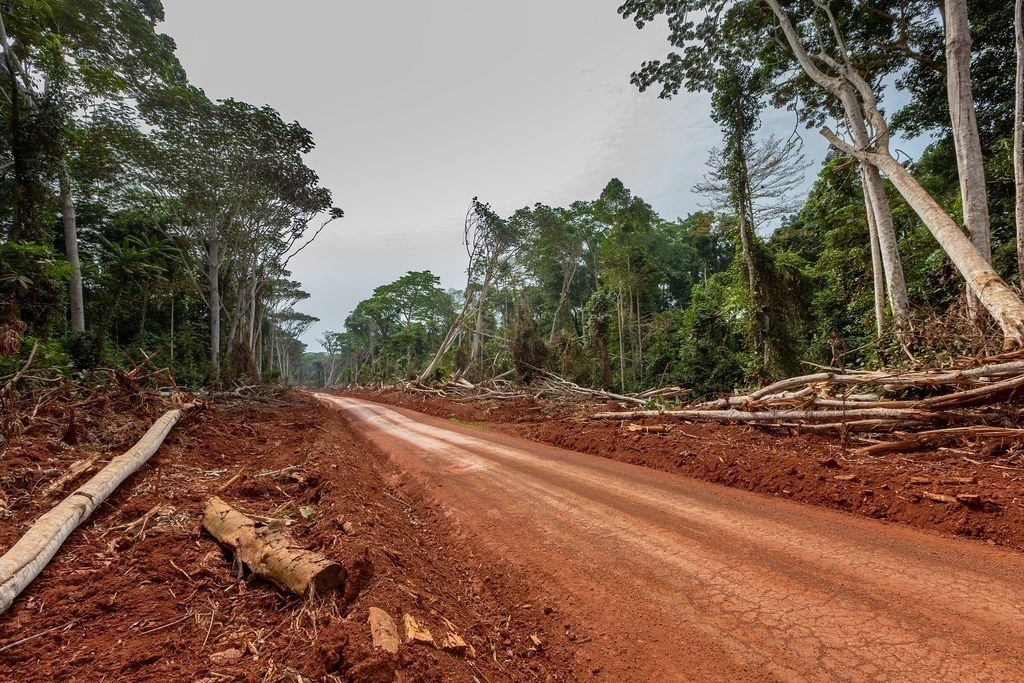Million
Promoting an African voice for the Taskforce on Nature Related Disclosures (TNFD) and nature-related financial risk management


This project builds awareness and institutional capacity on nature-related financial risk management within African countries. This will support the transition towards a nature-positive economy and sustainable livelihoods, building on the growing evidence and calls for action such as that articulated in the Economics of Biodiversity: the Dasgupta Review. There is a growing need to include a strong African voice within the design stage of disclosure agreements for financial institutions and corporates. Global interest in the work of the Taskforce on Nature-related Financial Disclosures (TNFD) has been established, providing international corporate and financial institutions with a framework to map, measure, manage and report their nature-related risks. However, there is an urgent need to apply this to local African contexts and provide the awareness and capability-building support required to ensure successful implementation.
This project has been separated into three main workstreams – first, developing an academic justification for the TNFD and strong action from financial institutions on natural capital protection. Secondly, trialling and piloting the emerging TNFD framework, delivering feedback on the effectiveness of the framework to the TNFD and providing capability building for African-based financial institutions. Finally, the launch and usage of the African Natural Capital Alliance (ANCA) to advocate for longer-term action, policy & regulatory engagement with nature, and the relevance of incorporating natural capital into the sustainable development discourse. All activities should have the intention of establishing an ‘African Voice’ on nature and making the TNFD fit-for-purpose.
Thus far, we have launched the initial academic justification for the TNFD, collaborating with a team of economists and consultants to, for the first time, quantify the impact of nature on an underlying loan book value. We’ve tested these results with industry partners, trialling the model across asset classes, sectors and geographies, leading to a significant amount of deeper understanding of how different physical and transition risks may impact aggregate profits.
We have launched five pilot programs of the TNFD framework, developing intial risk & opportunity assessments for each piloter to assess their dependencies and impacts on nature. Through the construction of a first-of-its-kind toolkit, structured capability building, peer-to-peer learning, and provisioning of case studies, we have used these assessments to test the applicability and usability of the LEAP & LEAP-FI frameworks proposed by the TNFD, and preparing some of Africa’s biggest financial institutions to integrate climate and nature into their reporting.
ACV’s impact measurement approach will evolve as we learn more about building businesses in the climate space and partner with new impact investors and actors.